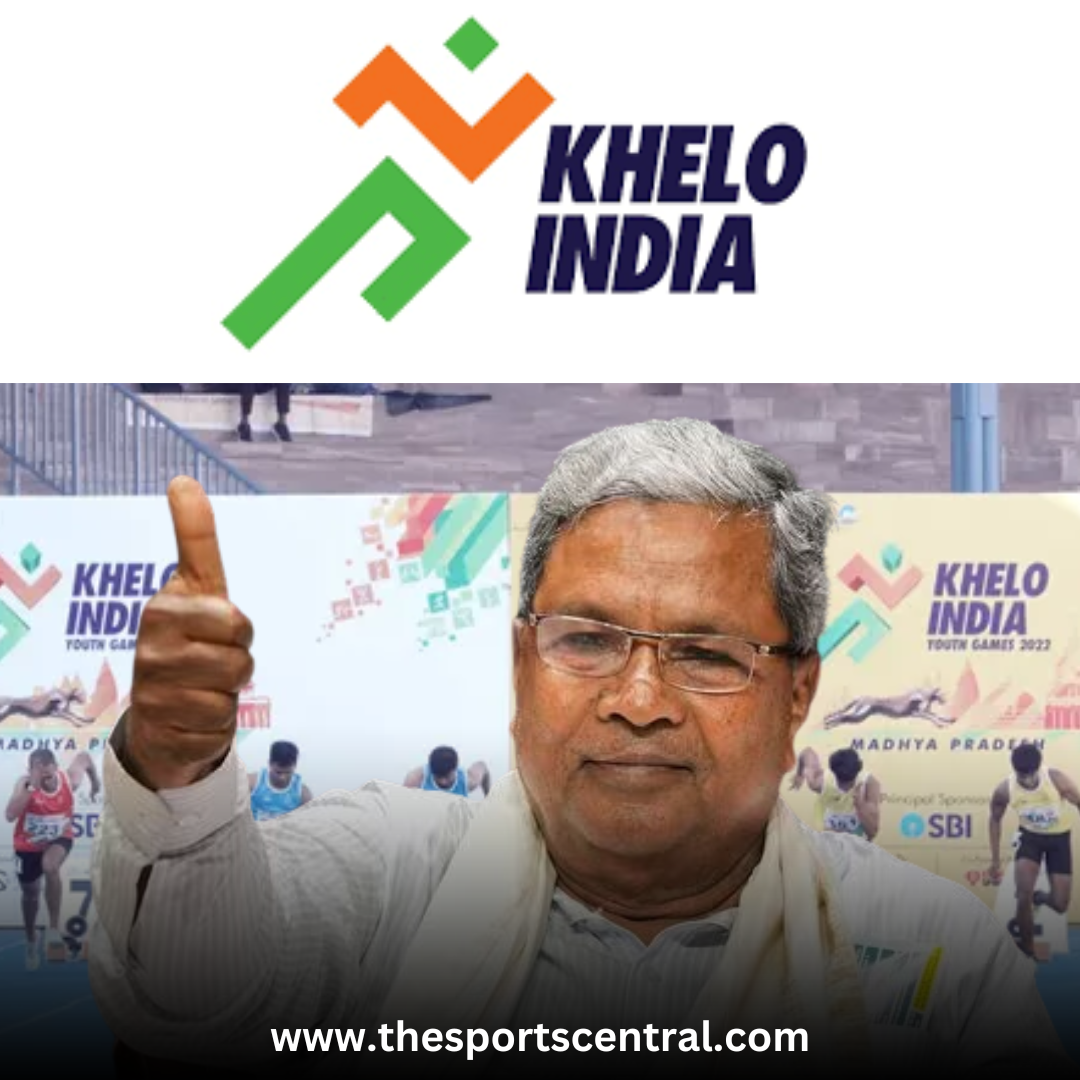In a move that has garnered significant attention and appreciation from the sports community, the Karnataka government has officially notified a 2% reservation quota in recruitment for athletes. This decision is seen as a significant step forward in recognizing the contributions of sportspersons and encouraging more youth to actively participate in sports, by ensuring that talented athletes have opportunities for secure government employment.
This new policy comes in response to long-standing demands from the sports community for better support and opportunities, especially for those representing the state and country in various sporting events. Karnataka, with its rich sporting culture, has produced numerous national and international athletes, and this move is expected to create a more supportive environment for emerging and established athletes alike.
The Scope of the 2% Sports Quota Policy
The 2% sports quota will apply to direct recruitment across various government departments, excluding some sectors like the police and forest departments, where a 3% sports quota is already in place. This means that athletes who have excelled at the state, national, or international levels will now be eligible for reserved positions within different government sectors, providing them with greater career stability post their sports careers.
The notification outlines eligibility criteria, which categorize athletes based on their achievements in different sporting events. The categories include:
- Athletes who have represented India in international competitions such as the Olympics, Asian Games, and Commonwealth Games.
- Medal winners in national and state-level championships.
- Participants in specific South Zone and inter-university events, among others.
These categories ensure that the most deserving athletes receive the benefits of the quota system, based on their achievements and contributions to sports.
Aims and Objectives of the Sports Quota
The primary objective of the sports quota is two-fold. Firstly, it is designed to provide employment security to athletes who have represented their state or country in sports, recognizing their dedication and efforts. Secondly, it aims to incentivize greater participation in sports, particularly among the younger generation, by offering a tangible career path for athletes. With government jobs providing steady income, benefits, and retirement security, this quota could encourage more athletes to pursue their sporting careers with confidence.
Moreover, the policy aligns with Karnataka’s broader efforts to promote sports as a vital part of society, not only for physical health and entertainment but also as a tool for social development and national representation. The quota also addresses the challenge faced by many athletes who, after the peak of their careers, struggle with job security and financial stability.
Government Support for the Sports Community
The implementation of the 2% sports quota is part of a broader strategy by the Karnataka government to support athletes and promote sports at all levels. Over the past decade, several initiatives have been introduced to improve infrastructure, provide better training facilities, and offer financial aid to athletes. However, the lack of job security has been a major concern, with many athletes finding it difficult to transition into post-sports careers.
By creating opportunities within the public sector, the state government ensures that athletes are recognized for their achievements and are provided with stable career opportunities. This is particularly important in a country like India, where sports, apart from cricket, often struggle for recognition, sponsorship, and institutional support. Karnataka, in particular, has a strong track record of producing athletes in diverse sports such as hockey, athletics, kabaddi, and badminton, and this move is expected to further boost the state’s position as a leader in sports promotion.
What the 2% Sports Quota Means for Athletes
For athletes, the 2% sports quota represents more than just a job opportunity—it symbolizes recognition and respect for their contributions. Many athletes dedicate their entire youth to sports, often at the expense of formal education or professional skill development. As they retire from active competition, finding stable employment becomes a significant challenge.
This new quota system will provide athletes with opportunities across a variety of sectors, allowing them to transition into new careers while still being recognized for their sporting achievements. Government jobs offer long-term stability, access to benefits, and a structured career path, making it an attractive option for athletes nearing the end of their playing careers.
The policy also encourages a culture of sportsmanship, rewarding not just individual success but also the representation of Karnataka and India on larger platforms. Athletes who might otherwise struggle to find meaningful employment can now look forward to careers that allow them to serve their state and country in new ways.
Selection Criteria and Process
The government notification has set clear guidelines for eligibility under the 2% sports quota. Athletes who wish to apply for positions under this quota must submit certificates and records that demonstrate their participation and success in recognized sporting events. The evaluation will be conducted by a selection committee, which will assess the achievements of the athletes based on their sporting category and ensure that only the most deserving candidates are selected.
The sports quota covers athletes across a wide range of disciplines, ensuring inclusivity and encouraging diversity in the sports sector. Additionally, the emphasis on state and national representation ensures that athletes from Karnataka who have excelled in their sports receive preference in recruitment.
Impact on Sports Development in Karnataka
Karnataka has long been recognized as a sporting hub in India, producing numerous athletes who have made their mark at the national and international levels. The state’s investment in sports infrastructure, coaching, and training facilities has yielded positive results, and the introduction of the sports quota is expected to enhance this further.
By providing athletes with career security, the state government is effectively ensuring that sports remain a viable career option for the youth of Karnataka. This policy will likely lead to increased participation in sports at the grassroots level, as young athletes and their families see a clear pathway from sports to stable employment.
Furthermore, the introduction of this quota is a powerful signal that Karnataka is committed to nurturing its athletes and rewarding them for their hard work and dedication. This move may also inspire other states to implement similar policies, fostering a national culture of sports appreciation and support.
Broader National Implications
While Karnataka’s 2% sports quota is a state-level initiative, its implications could resonate across the country. India has struggled to provide adequate post-career opportunities for athletes in many sports, particularly those outside of cricket. This move by Karnataka sets an important precedent for other states to follow, demonstrating that sports and athletes can be integrated into the fabric of public employment.
The Indian government at the national level has also shown increased interest in supporting sports, with initiatives like the Khelo India program aimed at nurturing young talent. Karnataka’s quota system aligns with these national efforts and could potentially inspire similar policies at the central level.
Conclusion
The notification of a 2% sports quota in government recruitment is a game-changing policy for Karnataka’s athletes. It not only provides recognition and support to those who have represented the state and country in sports but also encourages a new generation of athletes to pursue their dreams with the assurance of career stability.
With this quota, the Karnataka government is effectively placing sports at the forefront of its development agenda, ensuring that athletes are celebrated not just for their performances on the field but also for their contributions to society. The move also sets a benchmark for other states and opens up conversations about how India can further integrate sports into its socio-economic framework.
As this policy is implemented, it will be interesting to observe its long-term effects on sports participation and the careers of athletes in Karnataka. For now, the sports community in the state can celebrate this significant victory, knowing that their efforts on the field are being acknowledged in meaningful ways beyond medals and trophies.










